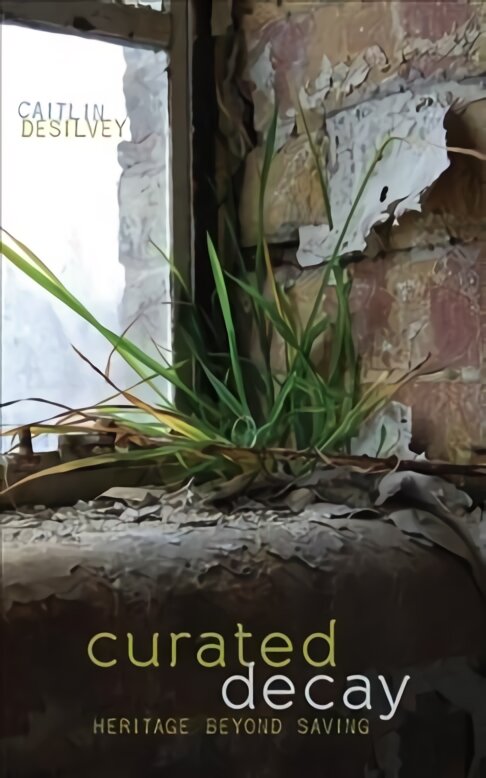In this study, author Caitlin DeSilvey (cultural geography, University of Exeter) employs theories of materiality and ecology to unearth the assumptions of critical heritage studies. She challenges traditional goals of the conservation of cultural heritage, arguing that decay has its own productive relation to the past and that we can collaborate with natural processes of decay. Each chapter considers a site where alternatives to material conservation have been intentionally explored, including a Montana homestead, a 19th-century Cornish harbor, a Cold War research complex, a postindustrial landscape park, an abandoned mining camp, and a Scottish seminary. The author concludes that decay and disintegration do not lead to loss of meaning; rather, the process of decay and disintegration can be culturally as well as ecologically productive. Annotation ©2017 Ringgold, Inc., Portland, OR (protoview.com)
Transporting readers from derelict homesteads to imperiled harbors, postindustrial ruins to Cold War test sites, Curated Decay presents an unparalleled provocation to conventional thinking on the conservation of cultural heritage. Caitlin DeSilvey proposes rethinking the care of certain vulnerable sites in terms of ecology and entropy, and explains how we must adopt an ethical stance that allows us to collaborate with—rather than defend against—natural processes. Curated Decay chronicles DeSilvey’s travels to places where experiments in curated ruination and creative collapse are under way, or under consideration. It uses case studies from the United States, Europe, and elsewhere to explore how objects and structures produce meaning not only in their preservation and persistence, but also in their decay and disintegration. Through accessible and engaging discussion of specific places and their stories, it traces how cultural memory is generated in encounters with ephemeral artifacts and architectures. An interdisciplinary reframing of the concept of the ruin that combines historical and philosophical depth with attentive storytelling, Curated Decay represents the first attempt to apply new theories of materiality and ecology to the concerns of critical heritage studies.
